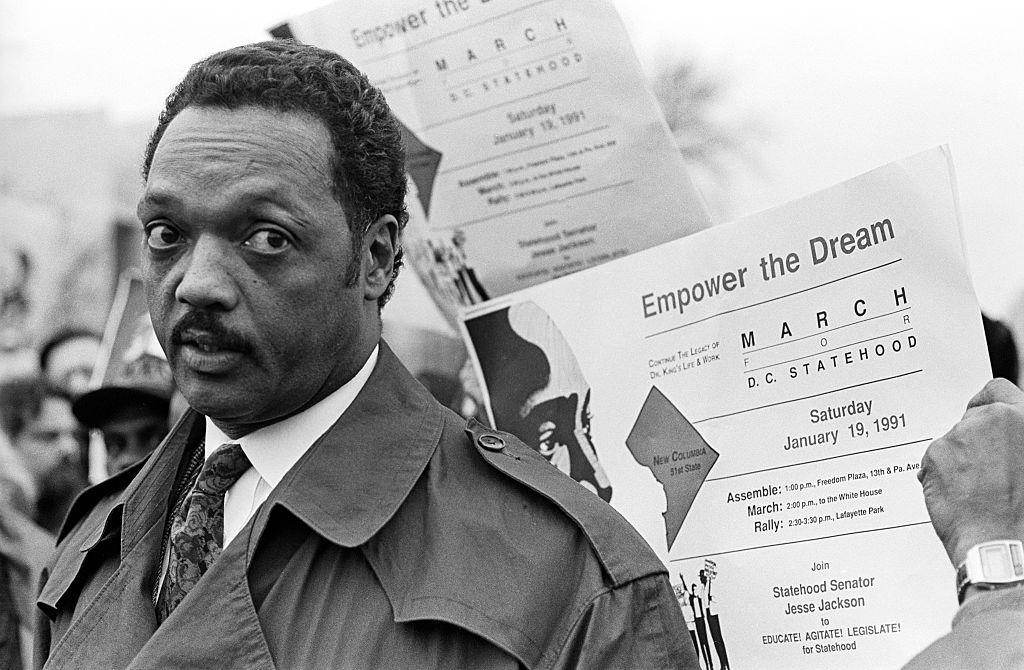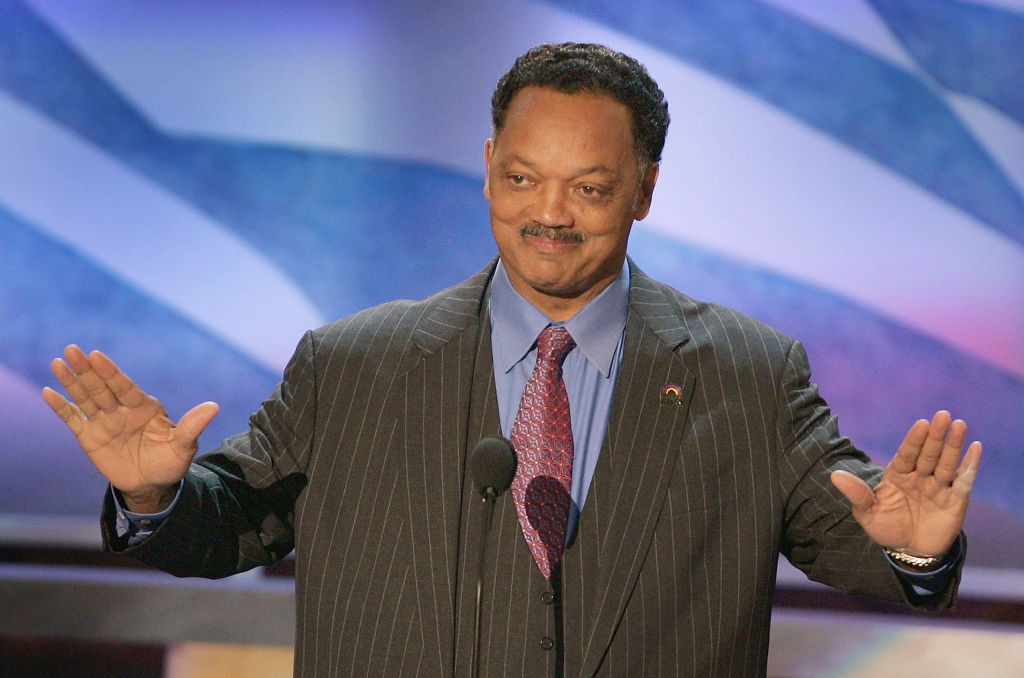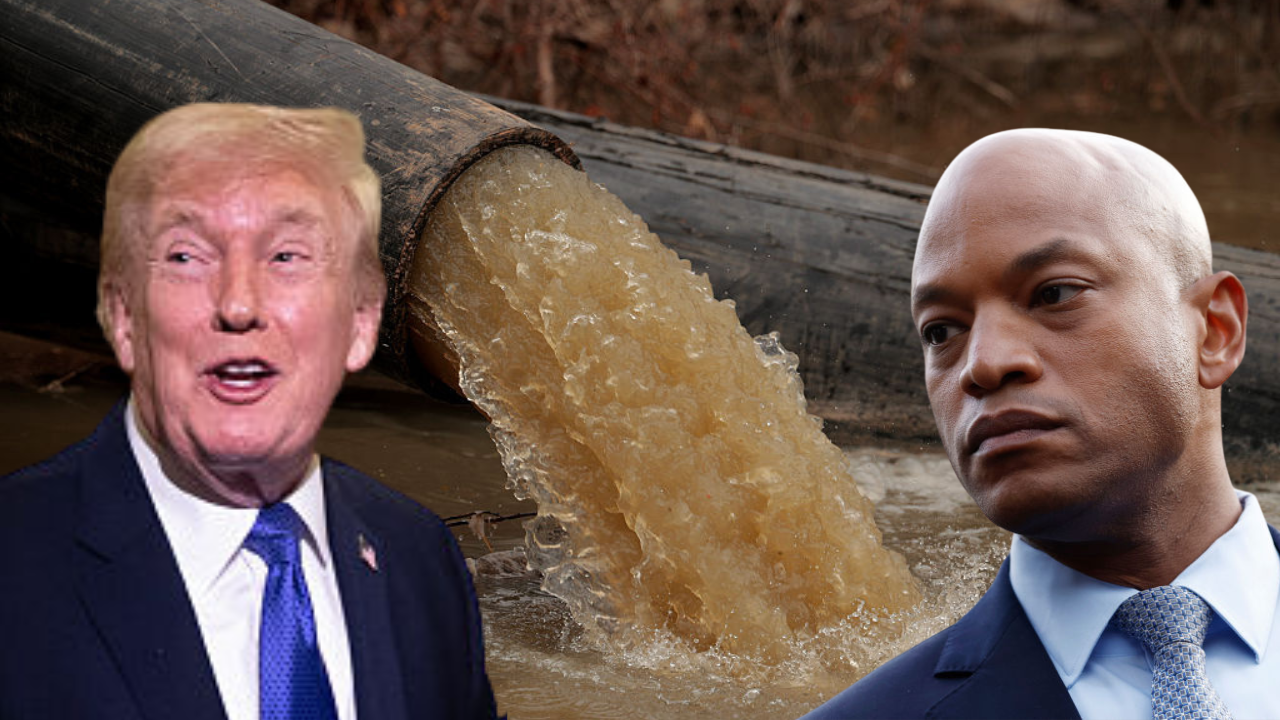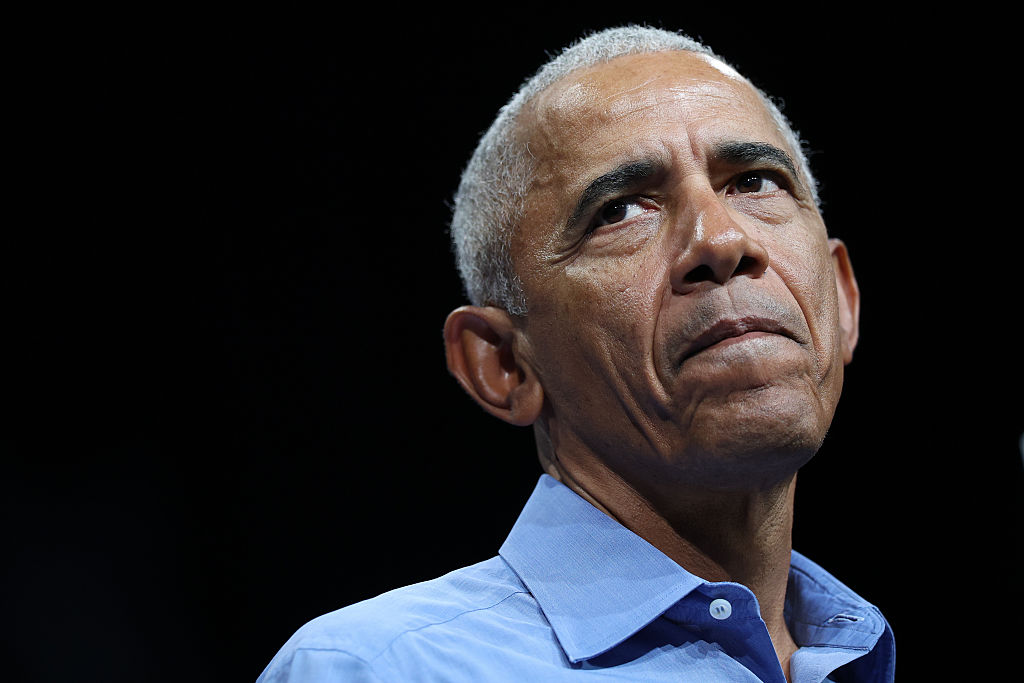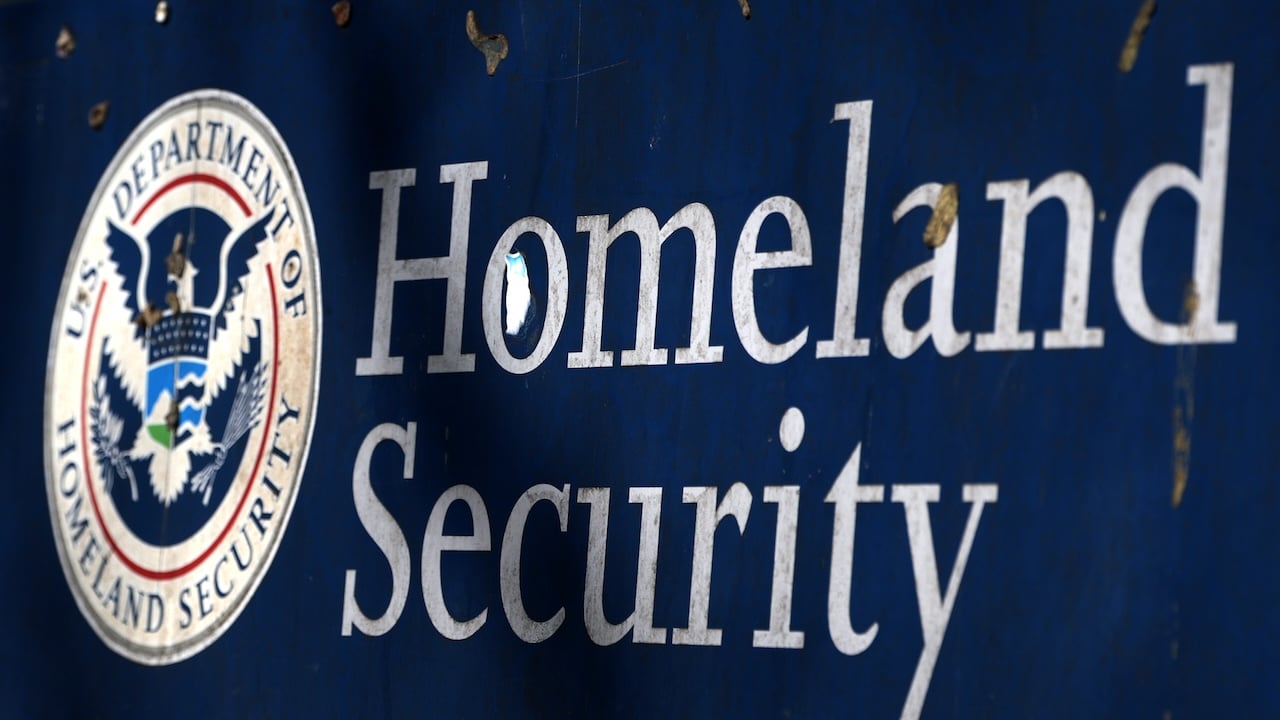Ryan Clark takes a deeply personal journey in ‘Above the Tide – 20 Years After Katrina’

Often in his role as an ESPN NFL analyst, Ryan Clark expresses his passion for his native Louisiana. Clark’s bond with resilient New Orleanians is on display again in ESPN E:60’s Above the Tide – 20 Years After Katrina, debuting Monday at 7 p.m. ET on ESPN and streaming afterward on ESPN+. Clark returns to New Orleans to explore the lingering impact of the hurricane that resulted in nearly 1,400 deaths and became one of the deadliest and costliest natural disasters in U.S. history. In a rarity for the E:60 storytelling brand, Clark serves as both the story’s reporter and its main character, taking his deeply personal journey as he connects with people who survived the storm’s devastation.
In a lengthy phone interview last week with Andscape, the longtime former NFL player discussed what the region he loves endured and explained how the community-galvanizing power of sports fueled its comeback.
I was with the Washington [Commanders, living in Northern Virginia] when everything was going on. I still felt connected to it, but I also felt disconnected in the sense that I had so many people going through it. I was hearing all of these stories second-hand. It was just very difficult. I was watching these things happen to people I love, and I couldn’t do anything about it. Still, I didn’t know the true essence of it because I wasn’t there.
For me, telling this story was like going on a journey to actually learn about it. To be able to walk down the street with [New Orleans native and free-agent NFL running back] Leonard Fournette, and to have him point out to me where he was trying to get through the storm, meant so much to me. To sit with someone that had not only lived the experience, but actual footage of what was going on in the Superdome, helped me understand so much more. Or to be in the Ninth Ward [a historically Black area pummeled by flooding after man-made storm barriers (levees) broke], which I’ve driven through and walked through before, and have police officers telling me exactly what they saw and what they were doing … it’s hard to explain. It was just different.
It was almost like watching a movie in a sense. To have my feelings and my perspectives and my emotions about it already, and then to be talking to people who had to live it every single day and had to worry about their actual survival, not just have to worry about it [from afar] like I did, was very emotional for me. Then the way I ended up playing a role in it, man, it was such an honor to be someone who helped bring the story to life. And there were just so many personal moments along the way.
[The director] wanted to get my dad [Michael Clark] cooking food at his house, something authentically New Orleans, and he’s making gumbo. But they [the production team] didn’t know that my daughter [Loghan Clark] was going to be there. She just was being inquisitive [off camera], asking a bunch of questions. [The director] was like, ‘Tell her to sit at the counter and y’all just talk.’ So we’re all just sitting there, eating gumbo and talking. She wasn’t part of the script. It wasn’t a role for her. She wanted to know what happened and how things were. She didn’t know. And as we were talking, it actually made me sad that she didn’t know that part of New Orleans that I knew before everything happened.
As personal as this was for me, and as great as that was, another thing I’m really happy about is how the sports part of the story we told evolved. We needed to explain that everyone comes together around the Saints. When we talked about what happened in the Ninth Ward, we explained not everyone was treated the same [in terms of recovery support after the hurricane]. Our city truly is separate.
Mario Tama/Getty Images
But at that time, with all of the pain and all of the suffering and destruction, when the Saints [returned to the field], black and white did not matter. Your socioeconomic status didn’t matter. The only colors that mattered were black and gold. Yeah, people were treated differently, and we didn’t ignore that. But when it came to the team, and everyone needing something to believe in and to rally around, the Saints were such a big part of the road back. It was about one heartbeat: people all rooting for the same thing.
What I hope is that [viewers] will see New Orleans the way I do. I hope they’ll see the New Orleans that means so much to me. I hope they’ll see how strong and how loving this community is. I hope they’ll understand what people here have had to overcome. After 20 years, things aren’t perfect. We showed that. But they’re still so welcoming, they’re still so loving, and they’re still joyful. I take so much pride in that.
Born and reared in Marrero, La., in the New Orleans area, Clark was a standout safety at Louisiana State University. Despite being an undrafted rookie free agent, he went on to have a 13-year NFL career, playing with the New York Giants, Washington Commanders (two stints) and Pittsburgh Steelers. A starter on Pittsburgh’s 2009 Super Bowl-winning team, Clark retired after the 2014 season. In 2023, he received the Sports Emmy Award for “Outstanding Personality/Studio Analyst.”
What's Your Reaction?
 Like
0
Like
0
 Dislike
0
Dislike
0
 Love
0
Love
0
 Funny
0
Funny
0
 Angry
0
Angry
0
 Sad
0
Sad
0
 Wow
0
Wow
0







